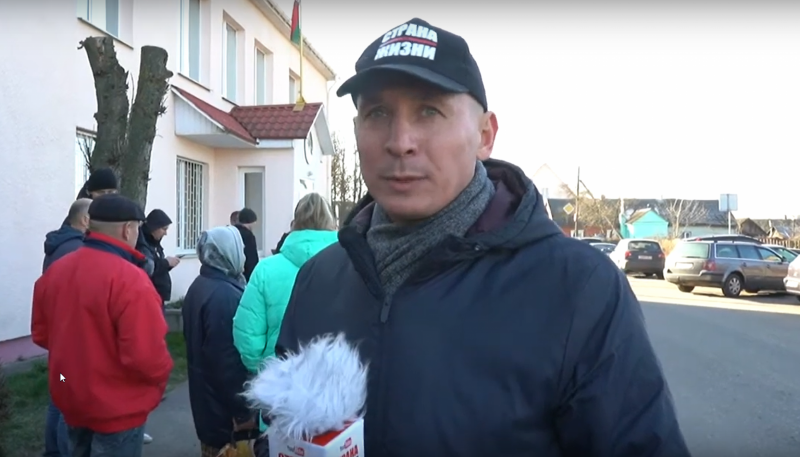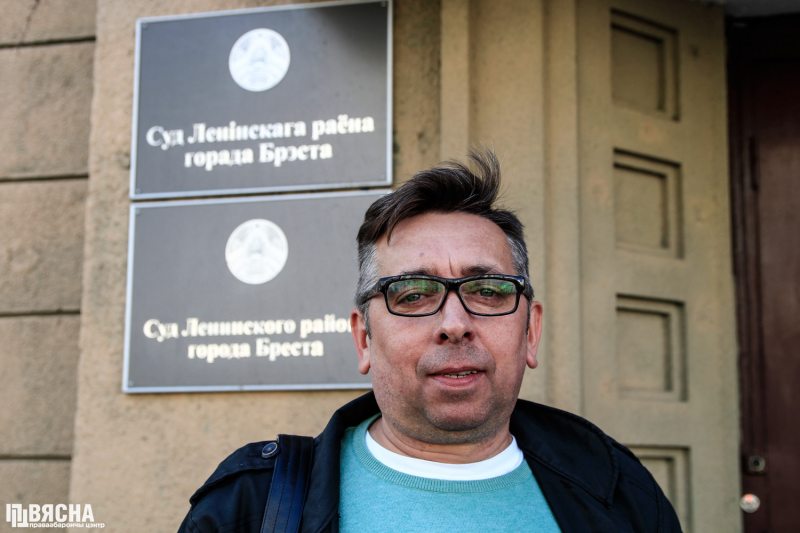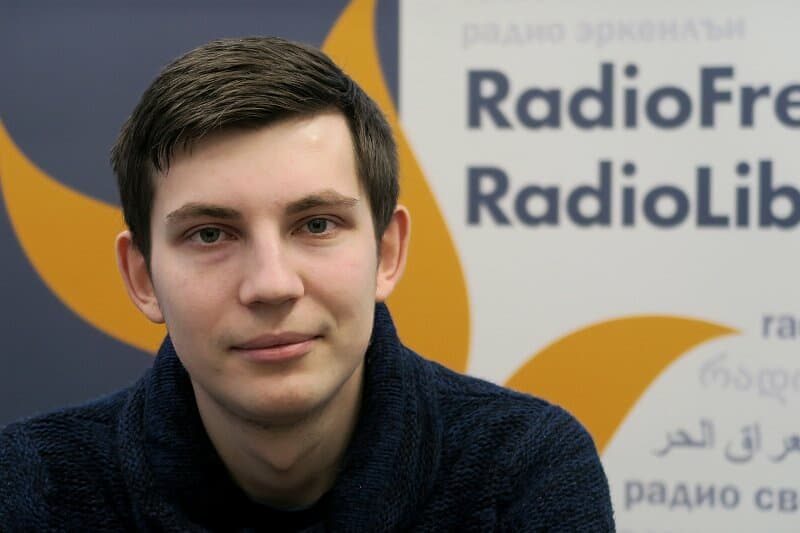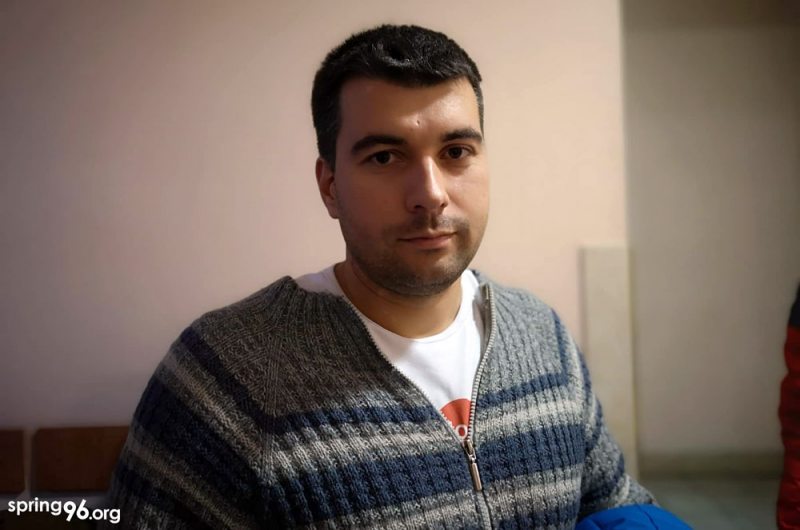Four critical bloggers charged in Tsikhanouski case
Four bloggers known for their criticism of the current government have been charged under Art. 342 of the Criminal Code (group actions that grossly disturb public order) and are facing up to three years in prison.
Three popular YouTubers, Uladzimir Niaronski, Uladzimir Tsyhanovich, and Siarhei Piatrukhin, as well as Ihar Losik, administrator of a Telegram channel called Belarus Golovnogo Mozga, are accused of involvement in the May 29 election picket in Hrodna, which ended in the arrest of Siarhei Tsikhanouski and a number of his associates.
Uladzimir Niaronski is facing an additional charge of “insulting an official” (Art. 369 of the Criminal Code). The charge stems from a video posted on his YouTube channel which allegedly offended chairman of the Sluck district executive committee.
The bloggers were charged after spending various terms of detention on illegal protesting charges. All of them are now held in the pre-trial detention center in Minsk.
Human rights defenders fear the case may affect another critical vlogger Aliaksandr Kabanau, who has lately acted as spokesperson for Sviatlana Tsikhanouskaya’s presidential nomination campaign. Kabanau is currently serving 15 days of detention.
The new clampdown on independent voices came after several instigating statements by President Lukashenka and Interior Minister Yury Karayeu.
In particular, Karayeu said in his June 25 address to the Belarusian Parliament’s lower chamber that the recent protests were organized and coordinated through YouTube livestreams and Telegram channels. He also mentioned RFE/RL’s coverage of the June 18 demonstration in Minsk as an example.
Viasna insists that the charges are politically motivated and all the persons involved in the case will be qualified as political prisoners.
“We believe that they should be allowed to exercise their constitutional right, including by organizing peaceful protests. This right is guaranteed by the Constitution of Belarus,” Valiantsin Stefanovich said.
As for the defamation charge brought against Uladzimir Niaronski, Stefanovich says the offense should be decriminalized, as it runs counter to the OSCE standards.
"Summarizing all this and taking into account the latest statement by the Minister of Internal Affairs, we came to the conclusion that the criminal prosecution of all the above bloggers is political in nature. This means that we consider them as political prisoners,” Valiantsin Stefanovich said.
According to the country’s leading human rights organizations, the list of political prisoners now features 15 persons.






















